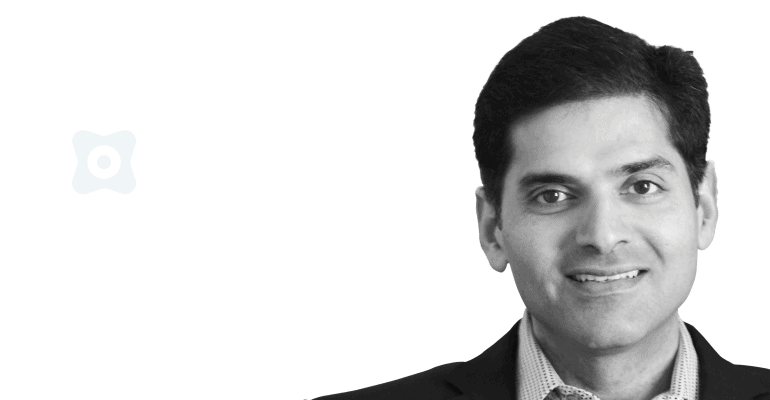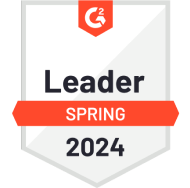The paradigm of data security is shifting and companies need to be on board ahead of time to avoid any mishaps. With the CCPA right around the corner, it is absolutely crucial for companies to gear up and improve their practices regarding data security.
Privacy regulations such as CCPA give broad rights of access, control, and consent of personal data held by corporations to individuals. These stringent new requirements challenge traditional compliance and privacy management practices which are driven by cyclical, rather than iterative, surveys and assessments that are often manual in nature. It instead demands real-time and precise intelligence about personal data and consent amidst a myriad of IT systems and third-party vendors across a company. It also pressures organizations to adopt automated orchestration to streamline fulfillment of various privacy compliance requirements, such as the fulfillment of data subject requests,
breach notifications, vendor assessments, and consent management.
Compliance today, when executed systematically with automation, can be an opportunity to better manage and control enterprise data resources: fulfilling not only reactive regulatory requirements, but also accelerating proactive use cases such as data science and self-service analytics initiatives.
Topics examined
- Key aspects of the new CCPA regulations and why it’s different from existing regulations
- A PrivacyOps approach to personal data intelligence-driven privacy automation and alignment of people, process and technology to efficiently comply with privacy regulations.
- Automating discovery of personal data, DSR fulfillment, Vendor Assessment and Consent Management













